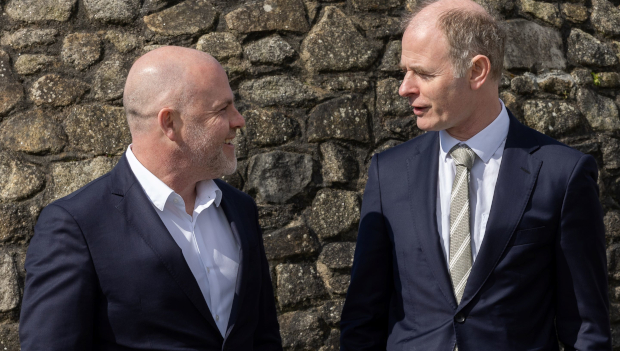
National Broadband Ireland on track to pass 300,000 premises by year-end
National Broadband Ireland (NBI), the company responsible for delivering the Government’s National Broadband Plan, has announced in its latest quarterly report that over 243,000 premises are now ready to connect to its new national network.
More than 500,000 premises included in the State’s Intervention Area have completed the initial surveying phase of the rollout. With this critical phase of the works now nearing full completion across the country, the majority of resources are now dedicated to the physical construction of NBI’s high-speed fibre broadband network.
Some 430,413 premises have moved to or through construction, with more than 48% (268,649) now in the ‘build complete’ category.
So far, 248,231 premises can now connect to the network and 955 broadband connection points have been installed and are live (with 672 in schools). The takeup rate is so far 50% in the first round of deployment areas.
Peter Hendrick, chief executive officer, NBI, said: “National Broadband Ireland has maintained momentum into this year and the rollout is operating on budget and on schedule. We expect to pass over 300,000 premises and connect over 100,000 new customers to high-speed fibre broadband by the end of this year.
“Almost 90% of all surveying works are now completed which means a majority of our resources can now be dedicated to the physical construction of our high-speed network.
“Access to high-speed fibre broadband is life-changing for rural communities. It opens up opportunities for education, remote work, and business development, ensuring that no one is left behind in the digital age.”
TechCentral Reporters





Subscribers 0
Fans 0
Followers 0
Followers